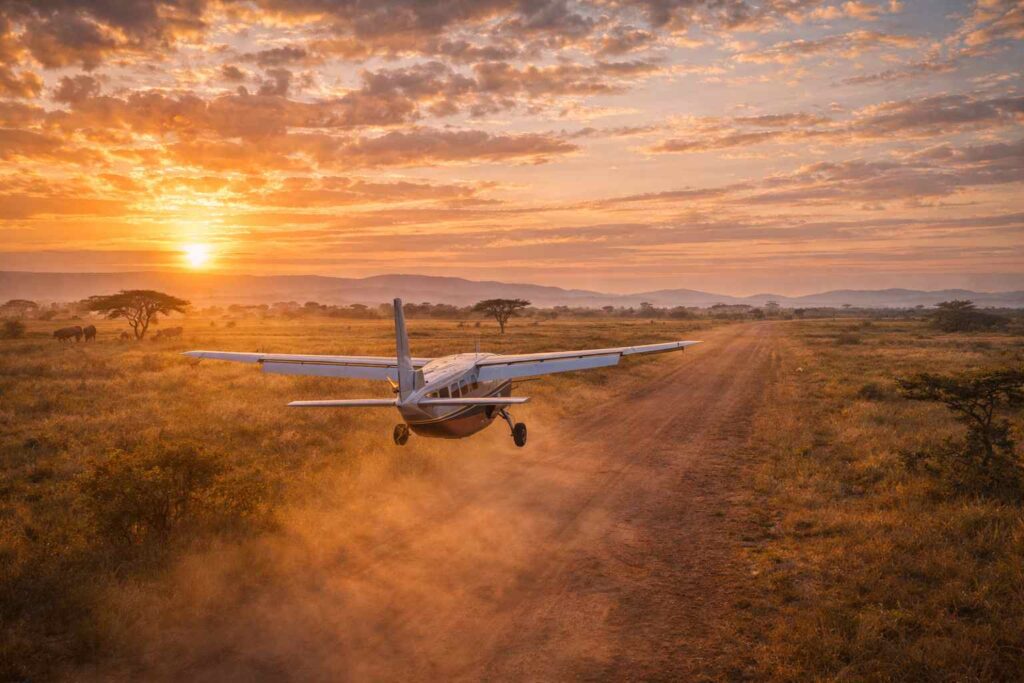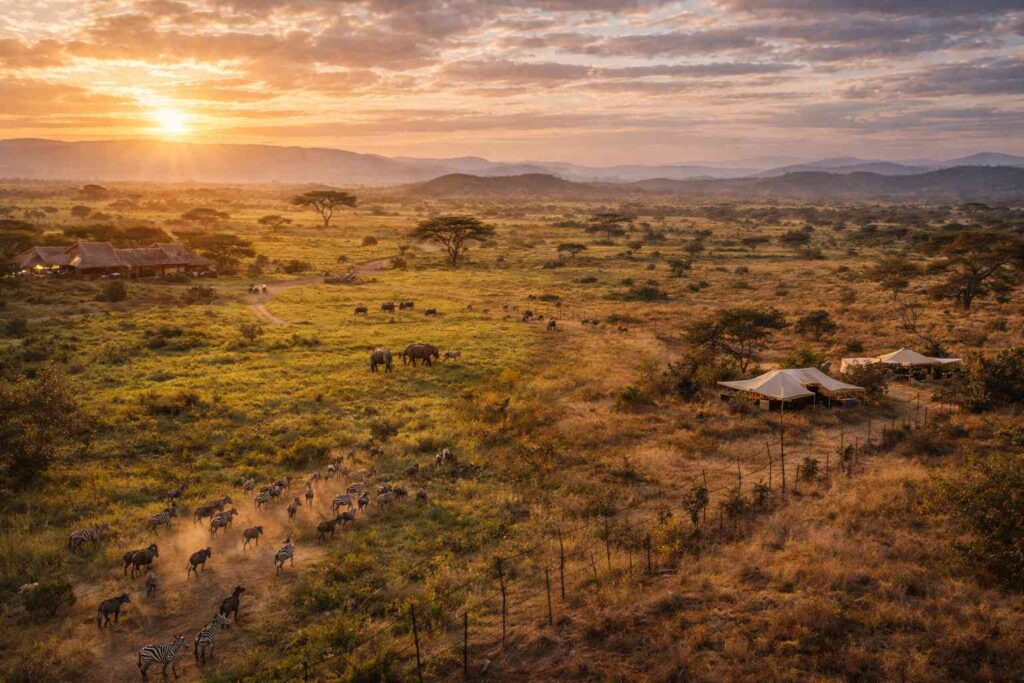Going on safari is an unforgettable experience, but it also comes with responsibility. Knowing how to behave in the wild not only ensures your safety but also shows respect for the animals, the environment, your guides, and fellow travelers. This guide covers essential safari etiquette—from safety and dress code to tipping and cultural respect—so you can enjoy your adventure the right way.
Why safari etiquette matters
Good behavior on safari isn’t just about manners—it protects wildlife, supports conservation efforts, and ensures everyone has a meaningful and safe experience. Whether it’s your first time or your tenth, these rules apply to all.
Safety first: rules to protect you and the wildlife
Stay inside the vehicle unless told otherwise
Never exit your safari vehicle without your guide’s permission. Animals may seem calm, but you are in their territory—and sudden movements can trigger dangerous reactions.
Don’t call out to or approach animals
Avoid loud noises, sudden movements, or trying to get animals’ attention. Respect their space and avoid doing anything that may alter their natural behavior.
Keep a safe distance
Your guide knows how close is too close. Follow their instructions and use binoculars or zoom lenses to observe wildlife without intruding.
Respectful behavior in the bush
Keep your voice down
Speaking quietly helps everyone spot more animals—and maintains the peaceful atmosphere that safaris are known for.
Share the space and the experience
If you’re in a group, avoid dominating conversations or taking the best photo spots every time. Respect other guests’ chances to enjoy sightings too.
Don’t litter or remove anything from nature
Leave no trace. Don’t take plants, bones, or rocks as souvenirs, and dispose of all waste properly—even biodegradable items.
Cultural sensitivity and local interactions
Ask before taking photos of people
Always ask for permission before photographing locals or staff. Not everyone is comfortable being in pictures, and it’s a matter of basic respect.
Dress appropriately
Neutral, earth-toned clothing is best—not just for blending in with the surroundings, but also to avoid attracting insects. Avoid flashy or overly revealing outfits, especially in villages or cultural visits.
Learn a few local words
A simple “hello” or “thank you” in Swahili or the local language can go a long way in building positive connections with your guides and hosts.
Minimize your environmental footprint
Stay on designated paths
Off-roading damages fragile ecosystems. Always follow your guide’s route unless permitted to explore on foot.
Avoid single-use plastics
Bring a reusable water bottle and consider biodegradable toiletries. Reducing waste is especially important in remote, sensitive environments.
Practical safari etiquette tips
Pack light, but smart
Bring essentials like insect repellent, sunscreen, a hat, and binoculars. Stick to soft bags for easier handling in light aircraft transfers.
Be patient when photographing wildlife
Don’t use flash photography, and allow others their turn at animal sightings. Some moments are better experienced with your eyes than through a lens.
Smoking? Only in designated areas
Smoking is usually restricted to specific zones due to fire hazards and the comfort of others. Always dispose of cigarette butts responsibly.
Tipping and thanking your guides
Tipping is customary and appreciated—especially in countries where guides and camp staff rely on gratuities. Check local guidelines, but as a general rule:
- Safari guides: $10–$20 per person per day
- Camp staff (pooled): $5–$10 per person per day
Personal notes or thank-yous are also appreciated and show that you value the hard work put into your experience.
Final thoughts
Safari etiquette isn’t about rules—it’s about respect. Respect for the animals, the land, your guides, and fellow travelers. By following these do’s and don’ts, you’ll not only stay safe and have a richer safari experience, but you’ll also contribute to the long-term protection of Africa’s wild spaces.
FAQs
No, while core principles remain consistent, some customs and cultural norms vary. Always ask your guide about local etiquette.
Avoid bright colors, camouflage (in some countries it’s illegal), and dark blue or black clothing, which attracts tsetse flies.
Phones are allowed, but limit use during game drives. Turn off sounds and avoid speaker calls or music out of respect for the group and animals.
It’s recommended to tip both your safari guide and the lodge or camp staff separately. Some camps have tip boxes for staff contributions.
No. Drones are banned in most parks and reserves due to privacy, noise disruption, and the potential to stress wildlife.






